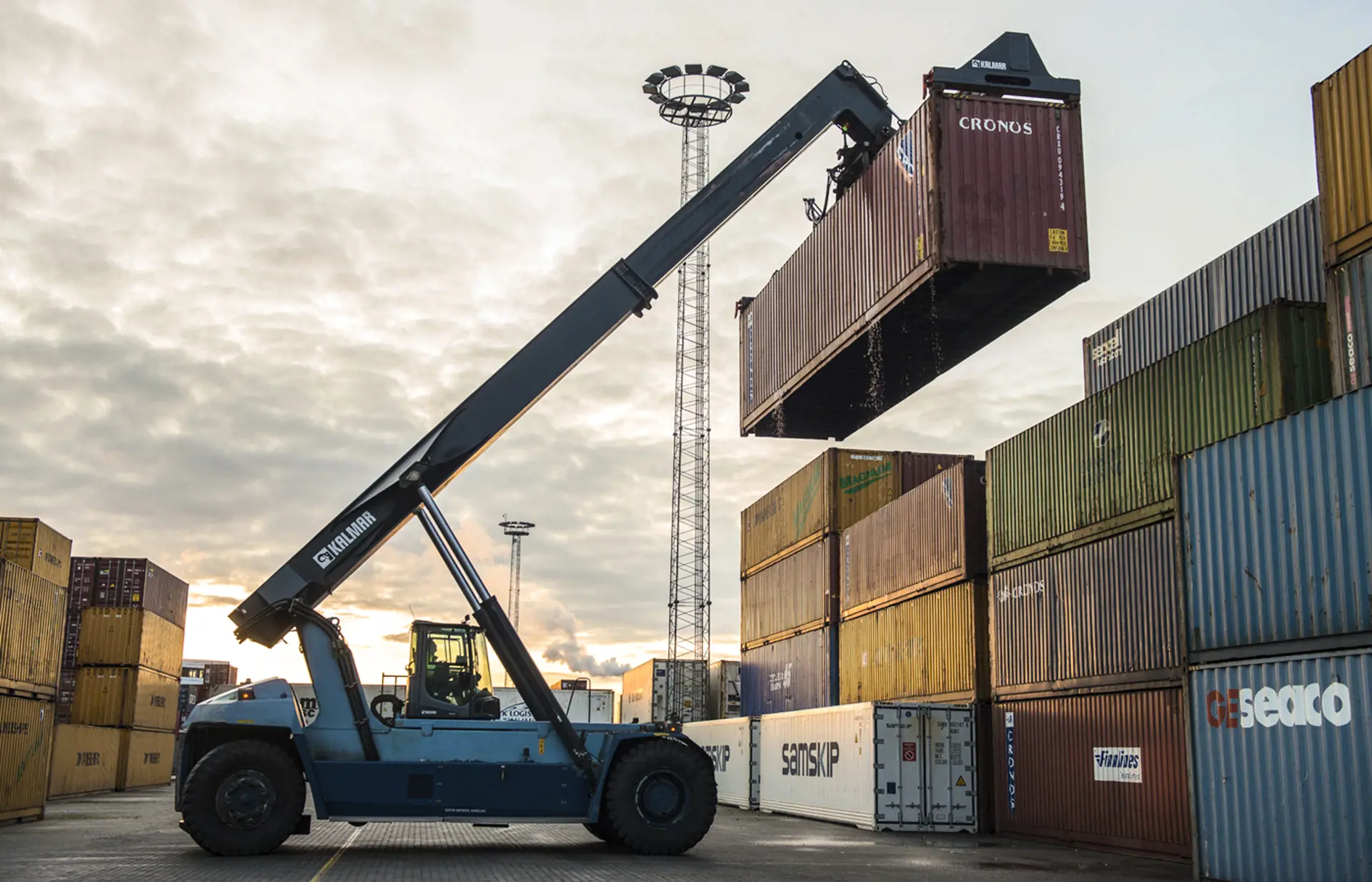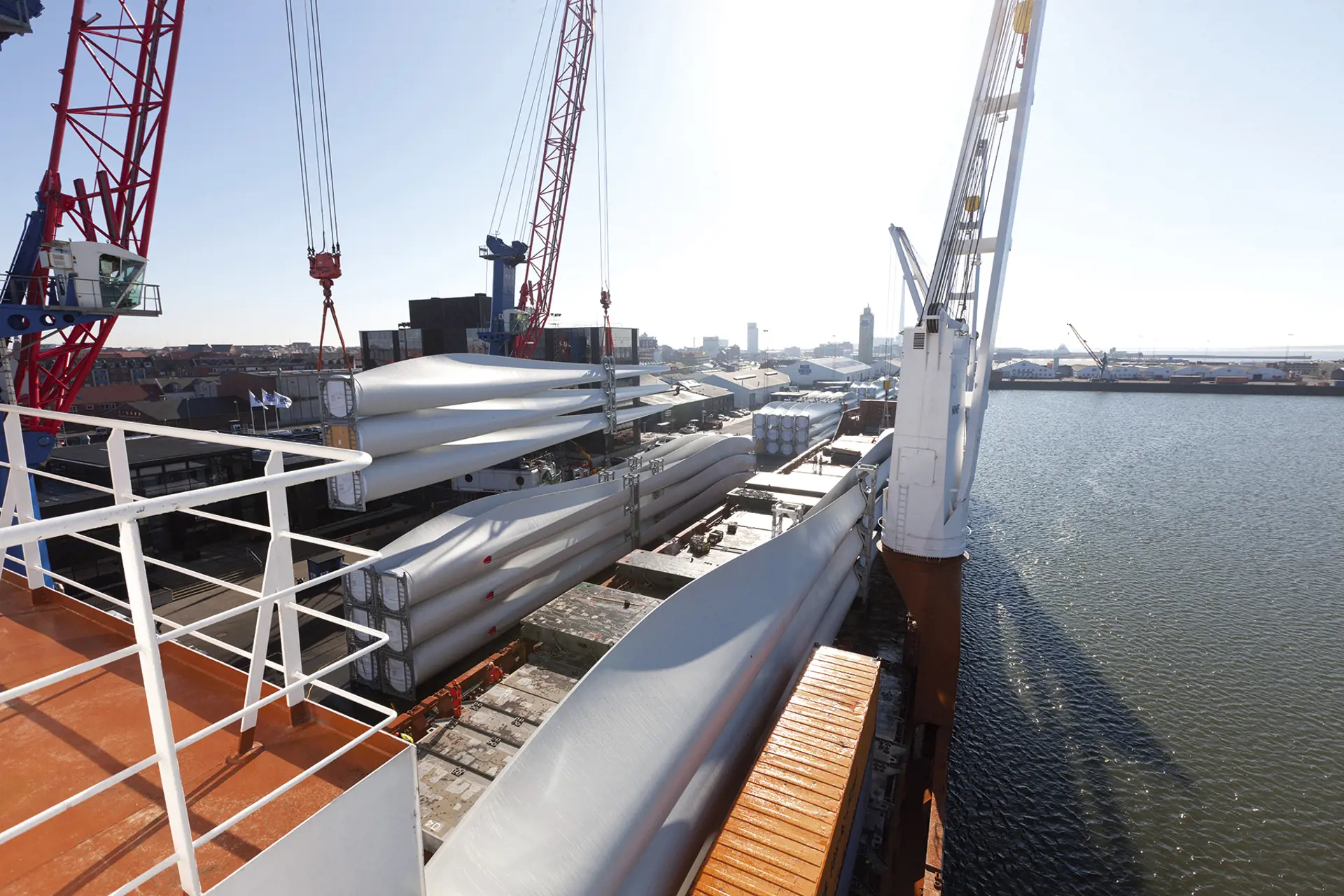Should you choose sea freight or air freight?
Blog
Depending on your budget, type of goods, volume of goods, the different considerations will weigh up which option suits your freight needs best.

Two of the transport solutions provided by Blue Water include sea freight and air freight. There is a big difference between choosing sea freight or air freight, as these solutions each have their own advantages and disadvantages.
Depending on your budget, type of goods, volume of goods and so on, the different considerations will weigh up which option suits your freight needs best.
Sea freight and air freight prices
One of the most significant differences between sea freight and air freight is the cost of transport.
Air freight is one of the most expensive transport solutions and has more costs associated with it than sea freight solutions, among others. In addition, the price of air freight is influenced by a number of external factors.
There are several reasons why the price of air freight is higher than other modes of transport. One primary reason is the high fuel costs associated with the mode of transport. Another contributing factor is that air freight is the fastest transport solution, which is reflected in the price.
The price of sea freight, on the other hand, is associated with significantly lower transport costs than other types of freight. This is partly due to the longer transport time associated with sea freight. With sea freight, you can also choose between FCL and LCL solutions. If you want to use sea freight, you can customise the solution that suits your needs and choose the most cost-effective solution.
Transit time
Another major difference between sea freight and air freight is transit time, which is a crucial factor in choosing between the two.
Air freight is one of the fastest modes of transport, making it an attractive option for many companies that need to get their products to their customers quickly. With air freight, the goods can usually arrive in just a few days, which is also reflected in the price. However, this is a freight solution that can be sensitive to weather conditions, which can delay the transport.
Sea freight, on the other hand, is a solution associated with significantly longer delivery times than air freight, as it takes longer to travel long distances at slower speeds. Naturally, the delivery time will depend on how far the goods need to be transported. It is also common for the ship to pick up and deliver goods in different ports along the way, which can also extend the delivery time.
Capacity
The volume and weight of the goods to be transported also have an impact on transport solutions.
With air freight, you are limited by the weight and volume of your cargo. If the shipments involve large quantities, it will be essential to utilise sea freight solutions. With sea freight, there is a much larger capacity. The capacity will therefore typically not limit your options for transporting your goods by sea freight, which is why sea freight is a better solution for you if you have heavy goods and goods of larger volumes.
Environmental and climate impact
The environment and climate are major focus areas for many companies today. As a result, companies are more likely to value solutions with a lower environmental impact, which can influence the decision of which freight solution to choose. The choice between sea freight and air freight will be significant in terms of the environmental impact of each solution.
Sea freight is associated with significantly lower environmental impact than air freight, for example. If your company wants to reduce its environmental impact, sea freight solutions are the best environmental solution. Read more about the different options.





